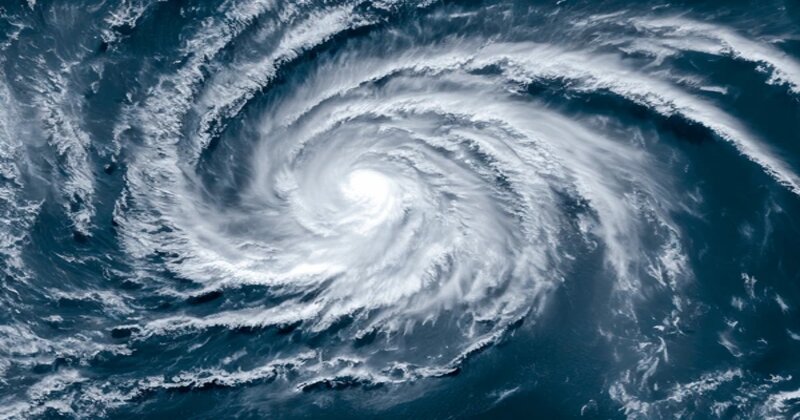
Tropical cyclones are large-scale phenomena with significant destructive potential. A study by IISc researchers highlights that ocean mixing caused by cyclones lowers sea surface temperatures, reducing evaporation and potentially increasing the intensity of future cyclones. The study, titled Enhanced Ocean Mixing During the Passage of Tropical Cyclone, found a 0.5°C drop in sea surface temperature during such events. This cooling affects the energy exchange between the ocean and atmosphere, which could lead to stronger cyclones.
Conducted by the Centre for Atmospheric and Oceanic Sciences (CAOS) at IISc and published in the AGU journal, the study used high-fidelity simulations and observations to examine the interplay between ocean convection and shear-driven processes during cyclone events. Researchers found that the vigorous mixing caused by powerful cyclone winds influences sea surface cooling and cyclone intensification. The mixing also varied significantly due to changing surface forces, offering insights into energy dynamics during extreme events where both wind stress and cooling are at play.
Devang Falor, a co-author of the study and PMRF Fellow, explained that over a year-long study of the Bay of Bengal from January 2023 to January 2024, researchers observed changes in potential energy and stratification in the ocean. They found a consistent reduction in temperature by 0.5°C and noted that this could reduce evaporation and atmospheric moisture. The study also observed that rainfall during cyclones often coincides with surface cooling, further altering surface salinity and stratification, particularly during nighttime rain events, suppressing convection and redistributing energy in the upper ocean.

Post Your Comments